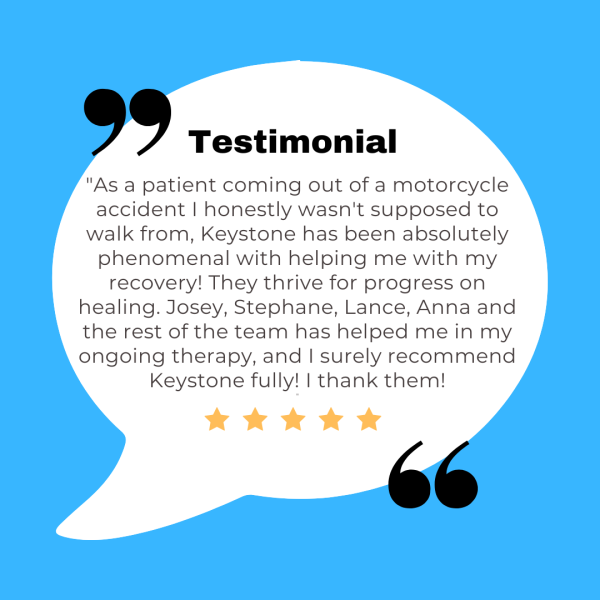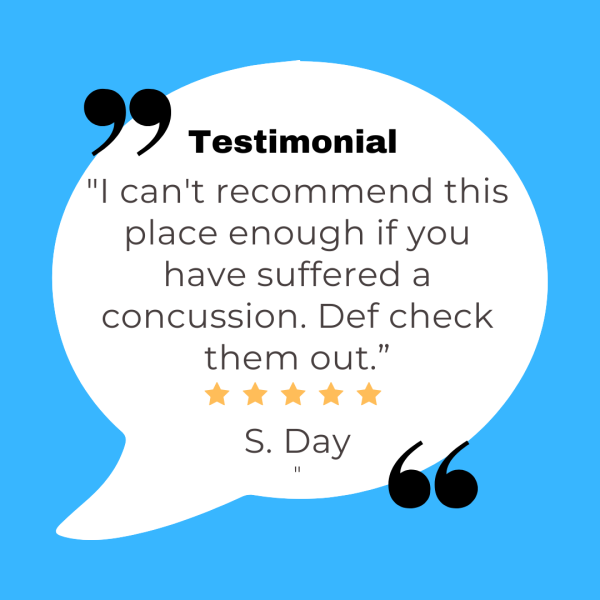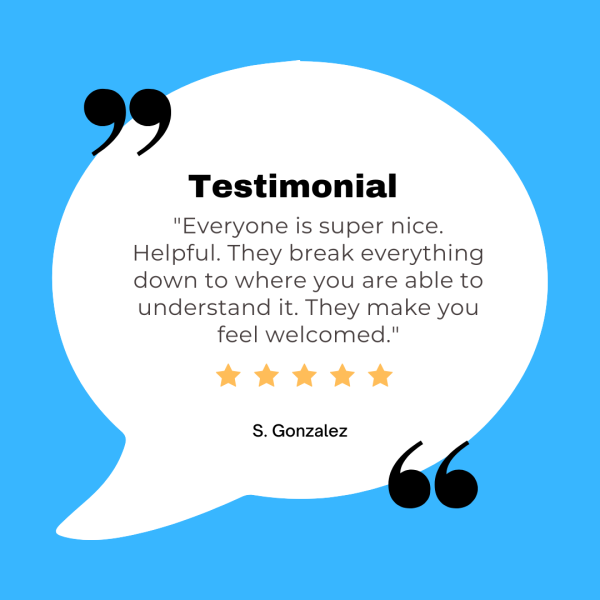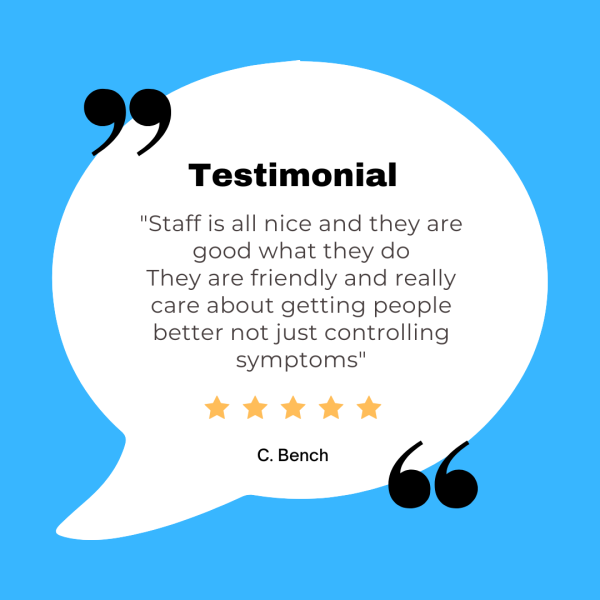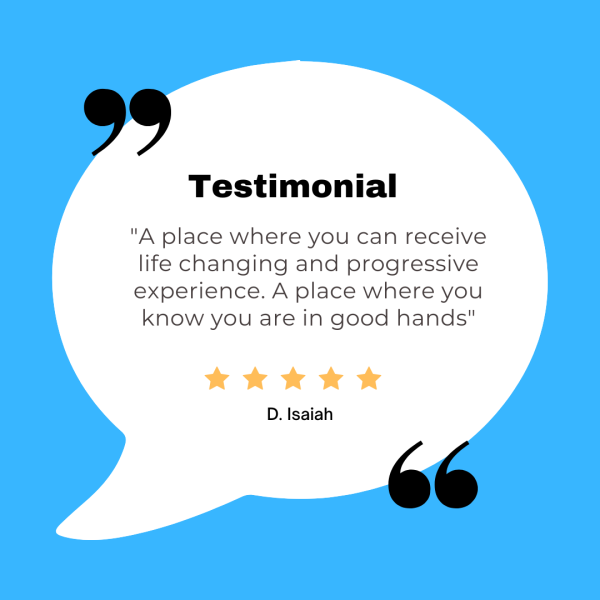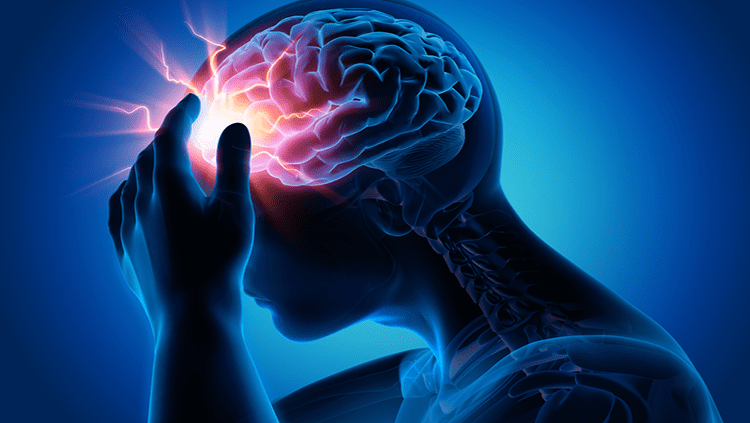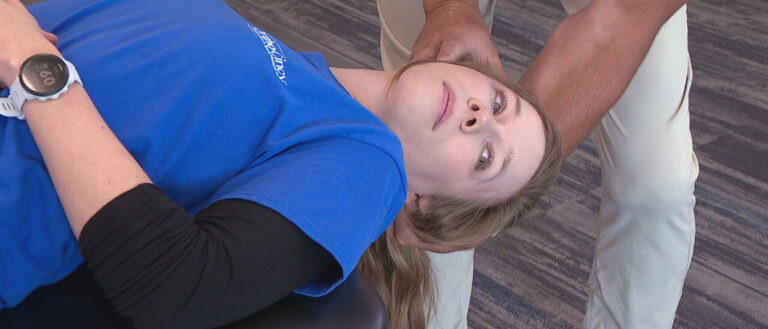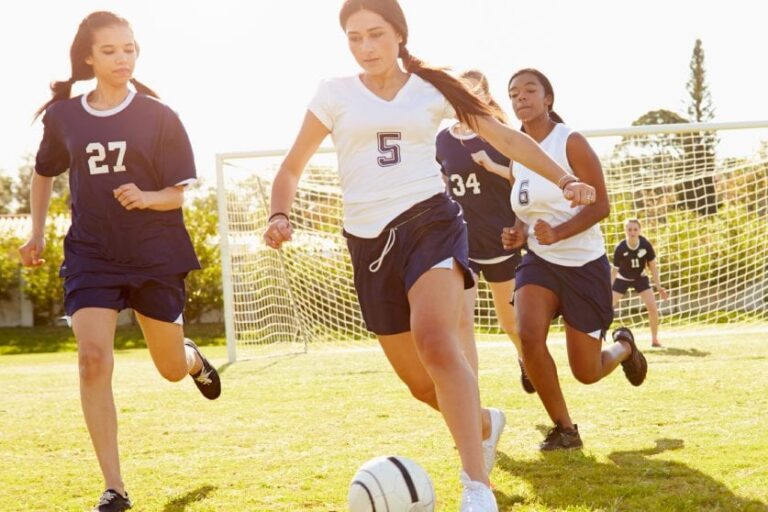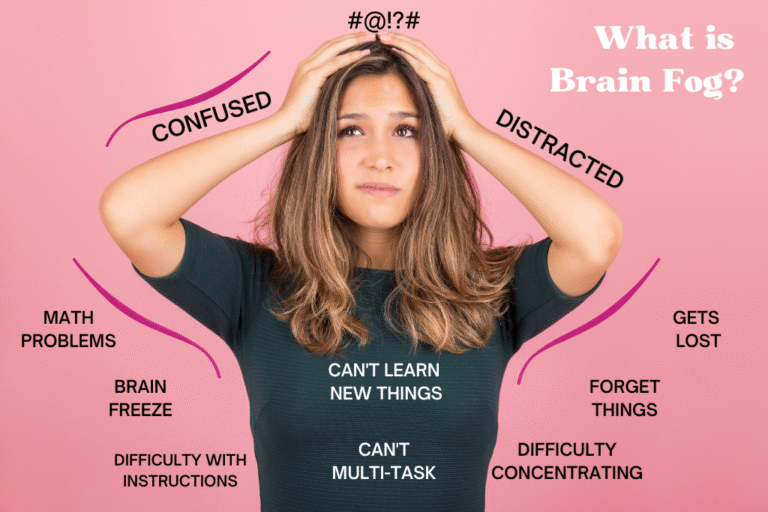
Why You Still Feel “Off” Weeks After a Concussion
Recovery from a concussion is often expected to take just a couple of weeks, but many people in Kansas City find themselves dealing with lingering symptoms much longer. If you continue to struggle with dizziness, fatigue, anxiety, or sensitivity to activity, you may be experiencing dysautonomia—a disruption of the autonomic nervous system that is frequently missed after brain injury.
What Is Dysautonomia?
The autonomic nervous system controls automatic bodily functions, including heart rate, breathing, digestion, blood pressure, and temperature regulation. It has two main branches: sympathetic (fight or flight) and parasympathetic (rest and digest). After a concussion, these systems can lose their balance, leading to a state where the body remains in “fight or flight” mode, even when rest is needed.
Why Does Dysautonomia Happen After Concussion?
Several changes in the brain can trigger autonomic dysfunction:
- Inflammation in the brainstem, which helps regulate the autonomic nervous system
- Ongoing neuroinflammation and increased blood-brain barrier permeability
- Reduced activity of the vagus nerve, which supports relaxation and recovery
- Lower energy production, making it harder for the brain to regulate core functions
This imbalance leads to symptoms that are physical, not just psychological.
Symptoms of Post-Concussion Dysautonomia
Common signs include:
- Dizziness or lightheadedness when standing up
- Rapid heart rate with minimal effort
- Poor tolerance to exercise or heat
- Chronic fatigue that doesn’t improve with rest
- Cold hands and feet
- Digestive issues like constipation or nausea
- Sensory sensitivity and irritability
- Trouble falling asleep or staying asleep
These symptoms can be persistent and often do not respond to rest alone.

Why Prolonged Rest Can Slow Recovery
Initial rest is important after a concussion, but too much inactivity can worsen autonomic imbalance. Gradual, guided movement and stimulation are needed to help the nervous system rebalance and support long-term recovery.
How Keystone Medical Group Helps Kansas City Patients Recover
Concussion specialists David Buechner, MD and Managing Director Lance Stevenson use a comprehensive approach to identify and treat dysautonomia. Treatment strategies may include:
- Breathwork and vagus nerve activation exercises to improve heart rate variability and promote relaxation
- Exercise With Oxygen Therapy (EWOT) for safe, controlled activity that supports nervous system regulation
- Graded movement therapy to gently increase activity tolerance without causing symptom flare-ups
Gentle chiropractic care may also help relieve muscle tension and support nervous system balance, which can be an important part of holistic concussion recovery.
Practical Tips for Kansas City Patients
Tracking your symptoms, activity levels, and sleep patterns in a journal can help your healthcare provider fine-tune your treatment plan. Keeping detailed records is also useful if you need additional support or resources during recovery.
Moving Forward With Concussion Recovery
If you are still feeling lightheaded, fatigued, or overwhelmed after a concussion, dysautonomia may be the underlying cause. Early intervention and a personalized rehabilitation plan can help you restore nervous system balance and get back to your everyday life.
Disclaimer
This blog is for educational purposes only and does not replace medical advice. If you have experienced a concussion or other injury, please consult a qualified healthcare provider.
References
